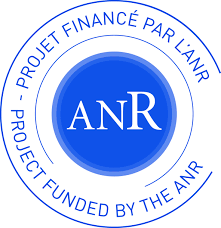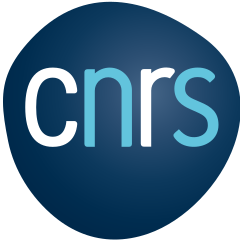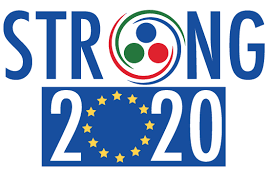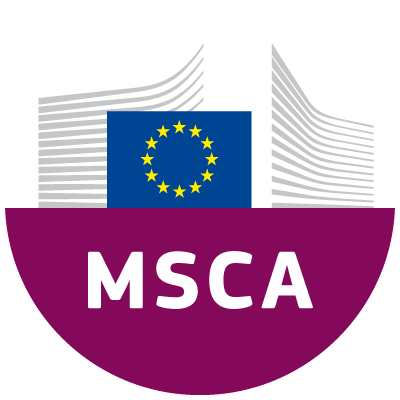Quarkonia As Tools 2024
Centre Paul Langevin
The workshop will be the sixth edition of a new series of meetings focused on the experimental and theoretical studies of quarkonia as tools to explore the structure of nucleons and nuclei, the phase diagram of QCD, the spin content of the nucleons, the coupling of the Higgs boson to heavy quarks, ...
Each day will be dedicated to specific systems and observables: collisions involving protons, mesons and leptons, proton-nucleus collisions, heavy-ion collisions, polarised nucleons and spin observables, and exclusive reactions including the ultra-peripheral hadron collisions. From the first two editions emanated a review on the opportunities for quarkonium production at the HL-LHC: http://arxiv.org/pdf/2012.14161.pdf published in Progress in Partcle and Nuclear Physics and another one of the EIC under preparation.
The tradition of the workshop is to ask as much as possible to the speakers to enlarge the scope of their talks. We stick to this tradition and invite PhD and Postdocs to submit an abstract as an expression of their interest to speak on a specific topic of the workshop.
In order to make your travel plans, note that there will be a session on Saturday morning and that it is essentially impossible to arrive on Monday without missing all the morning talks. In general since this year edition will be limited to about 50 participants, priority will be given to participants arriving on Sunday and departing Saturday afternoon. This applies to invited speakers as well ...
Morning sessions will be reserved for review talks and topical presentations. In the afternoon, we will organise round tables for each topic. We will also organise a session of Tools for Quarkonia (HELAC-Onia, Madgraph, Pythia, ..., Strong2020 Virtual accesses, ...) and sessions to finalise a review highlighting the physics case for quarkonium production at the future US EIC.
Topics & conveners:
- Monday & Friday (M. Nefedov & C. Flore): inclusive production in pp, ep, ee collisions, tools for PDFs, Double Parton Scattering, parton correlations, onium & jets, isolation, ...
- Tuesday & Saturday (C. Flett & C. Van Hulse): exclusive/diffractive production, spin asymmetries, Wigner functions, tools for GPDs/(G)TMDs, ...
- Wednesday & Thursday (K. Mattioli & S. Delorme): inclusive production in pA, eA, AA collisions, tools for Quark-Gluon Plasma,...
This scientific event is supported by the CNRS (IN2P3 - COPIN), the GDR QCD, the French ANR, the Labex P2IO (Gluodynamics), and the European Union’s Horizon 2020 research and innovation programme (grant agreement No 824093, STRONG-2020) and by Marie Skłodowska-Curie action “RadCor4HEF” under grant agreement No. 101065263.
Previous editions:
- Quarkonia as Tools 2023, January 4-14, 2022, Aussois (France)
- Quarkonia as Tools 2022, January 9-15, 2022, Aussois (France)
- Virtual Quarkonia As Tools 2021, March 22-26 2021, Virtual
- Quarkonia As Tools 2020, January 12-18 2020, Aussois (France)
- Quarkonia As Tools 2019, January 13-19 2019, Aussois (France)






